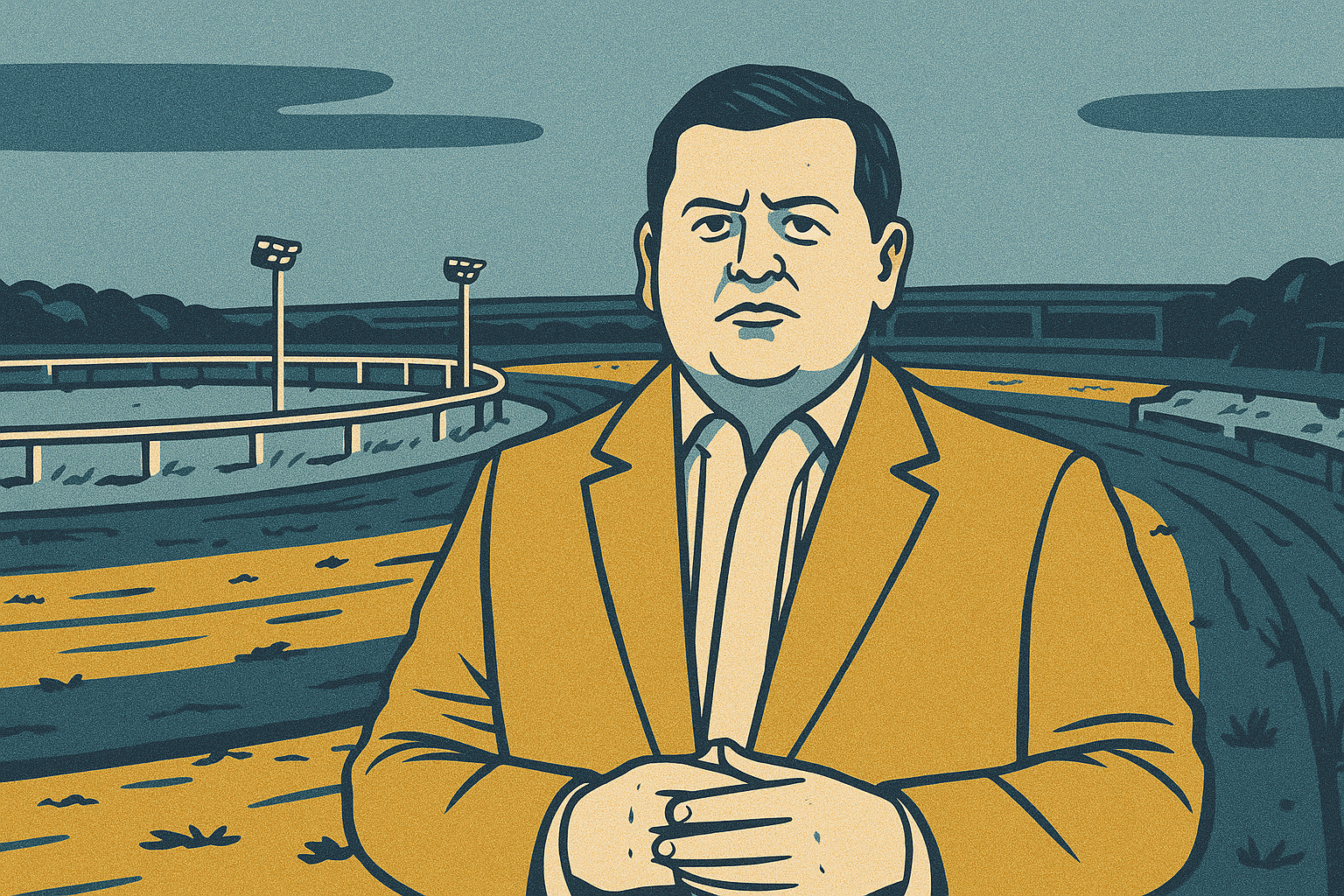The government’s consultation on remote gambling tax reforms has sparked strong criticism from the Conservative Party and the horseracing sector, with opponents warning that the proposed changes could damage local economies and key British industries.
Louie French MP, the Conservative shadow minister for sport and gambling, this week accused Labour of targeting the betting industry with “easy tax rises to bail out Rachel Reeves,” in reference to the Chancellor’s broader fiscal pressures. French warned that aligning the tax rates for betting with those imposed on online casino games could have “devastating consequences” for small bookmakers, horseracing towns, and bingo halls — and may ultimately drive punters to the black market.
His comments came after the All-Party Parliamentary Group (APPG) for Racing and Bloodstock Industries raised similar concerns, likening the proposals to George Osborne’s 2012 “pasty tax” misstep. The APPG warned that higher taxes could destabilise the betting ecosystem that supports British horseracing — one of the country’s largest sporting industries, contributing over £4 billion to the economy annually.
The current Treasury consultation — launched in April and set to close on 21 July — explores the “fair and sustainable” treatment of remote gambling operators, with the potential to increase the levy on racing bets placed online to match casino duty rates. Ministers say the review aims to ensure a level playing field across gambling verticals.
A Treasury spokesperson acknowledged the value of British horseracing and said the department “welcomes views on the current tax framework and the best way to support both fiscal sustainability and regulated gambling markets.” Labour MP Dan Carden added his voice to the sector’s defence, calling for long-term government support for British racing and its associated communities.
Trade body Betting and Gaming Council (BGC) also joined the criticism, with CEO Grainne Hurst warning that the industry “cannot continue to absorb endless new costs and regulatory changes without consequences.” She added that the UK already has one of the highest gambling tax burdens in Europe and urged ministers to consider the economic impact on high streets and jobs.
Meanwhile, the government has postponed its decision on easing stake restrictions for slot machines in adult gaming centres — a delay that operators say could further inhibit sector growth.
With horseracing’s funding closely tied to betting shop margins and levy contributions from bookmakers, the prospect of increased remote tax rates has set alarm bells ringing across the industry. Campaigners say the government risks undermining its own ambitions to support British sport, consumer protections, and economic recovery in rural regions if it presses ahead without concessions.




